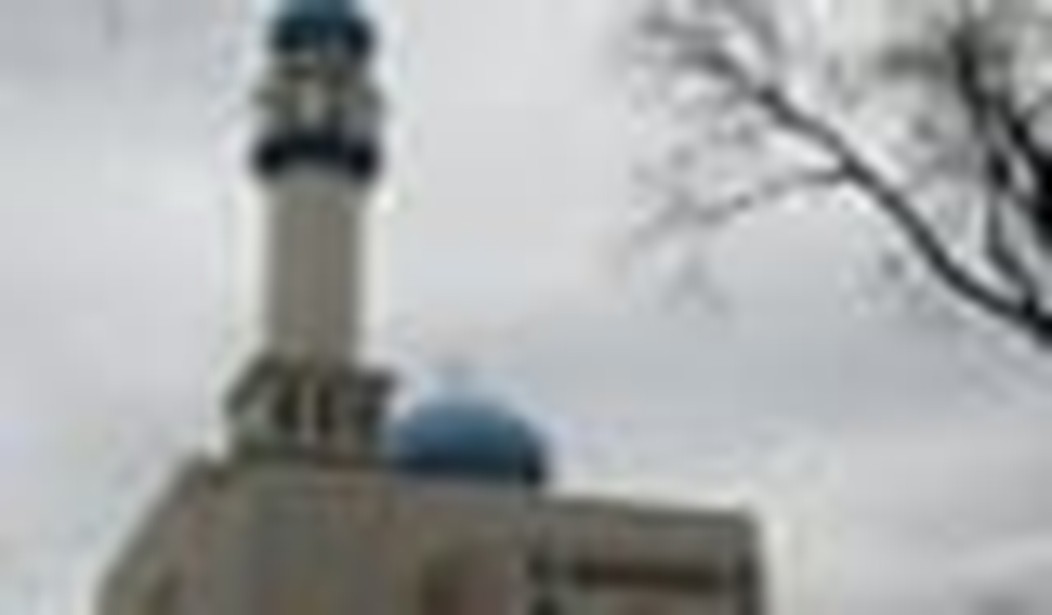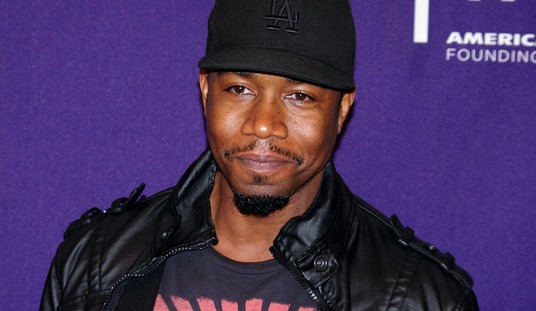It’s been a busy month for the FBI. All 50 field offices have been involved in the ongoing investigating of what may turn out to be the biggest terrorist plot in the United States since 9/11. The man at its center is Najibullah Zazi, 24, an Afghan immigrant with a green card — which makes him the FBI’s worst nightmare of a threat.
“I want to talk today about the changing shape of terrorism and, in particular, the threat of homegrown terrorism,” FBI Director Robert Mueller declared in an executive speech in June 2006. When the FBI calls someone a homegrown terrorist, they mean the person gets radicalized while living on American soil. The homegrown terrorist speaks English, is familiar with American customs, and is able to blend in. The privilege of U.S. travel documents allows the homegrown terrorist remarkable freedom of movement around the globe. Najibullah Zazi, for example, was able to travel from New York to Switzerland to Qatar to Pakistan, where he stayed for approximately five months before returning to the land he calls home.
“To detect homegrown terrorists,” Robert Mueller pointed out, is difficult. “They operate under the radar. And that makes their detection that much more difficult for all of us.”
Zazi, it appears, is such a case. “He was a nice guy,” one of his co-workers at Big Sky Shuttle in Lakewood, Colorado, told me on Friday afternoon (the co-worker chose not to be named). That’s where Zazi got a job working as an airport van driver beginning in February 2009. When I asked the man if he ever expected his co-worker to be at the center of an international terrorist plot, he replied: “No way, it’s so weird.”
At first even Najibullah Zazi himself tried to play the innocent card with the public through the press. “I’m just normal,” he told the Denver Post’s Kirk Mitchell on September 15. “I pray five times a day. I observe Ramadan,” he said. Dressed in a button-down shirt and blue jeans, Zazi certainly looked the part of the “normal citizen” he claimed to be. That was before he, his father Mohammed, and a Brooklyn cleric with a penchant for expensive cars named Ahmad Wais Afzali were arrested on plotting a terrorist attack inside the United States using weapons of mass destruction.
That was before the material evidence came to light. There was the bomb-making instructions allegedly written in Zazi’s hand and the eerie video of him pushing a cart down a Denver beauty store aisle, purchasing enough potential bomb-making material to blow up several subway cars, stadium stands, or buses. Who can imagine what public venue the homegrown terrorists had in mind to destroy? When Zazi was asked by the beauty store clerk why he needed so much of a particular beauty supply product, the “normal citizen” responded: “I have a lot of girlfriends.” How American of him.
“I want to talk about the radicalization process — how an extremist becomes a terrorist — and what we in the FBI are doing to address this new threat,” FBI Director Robert Mueller also said in 2006.
Which is the million-dollar question, and likely why all 50 FBI field offices are now involved. Was Zazi, like so many other suicide bombers, radicalized in a mosque? And if so, how many others like him are out there?
“Enter ye here in peace and security.” Those words greet visitors to the Masjid Hazrat I Abubakr Mosque in Flushing, New York. This is the mosque where Zazi prayed. It is located in the same neighborhood where the FBI raided three homes in the first few days of the Zazi investigation. It is also a mosque with a questionable history, as reported in 2004 by the New York Times:
Muslim factions at odds over involvement with the Taliban and terrorism squared off yesterday at a Queens mosque, where the issue divided the congregation after the Sept. 11 attacks.
Armed with a court order and a phalanx of police officers, a group that had been ousted from the mosque in 2001 demanded entrance. The group, which recently won its case in State Supreme Court in Queens, said it was the true founder of the mosque, the Hazrat-I-Abubakr Sadiq in Flushing, and demanded the departure of the current imam, who charged after 9/11 that the group had been supporting the Taliban.
Supporters of that imam, Mohammed Sherzad, accused another group within the mosque of funneling money to Taliban leaders in Afghanistan and Pakistan. “The Taliban cannot regroup in Afghanistan, so they’re trying to establish a base in New York at this mosque, and the American people should know this,” the mosque’s imam Mohammed Sherzad told the New York Times five years ago.
Prescient words.









Join the conversation as a VIP Member